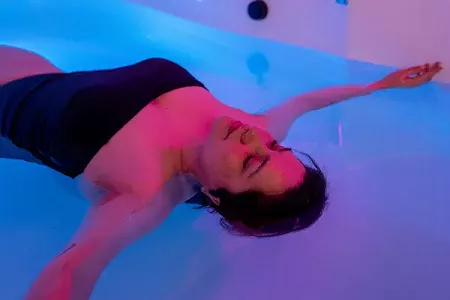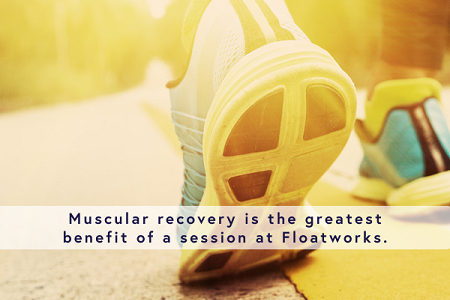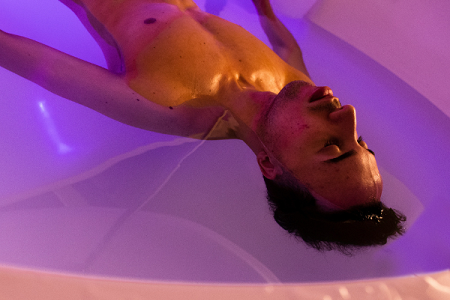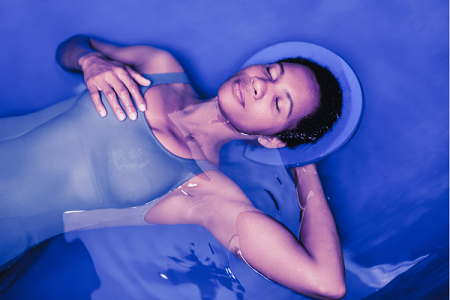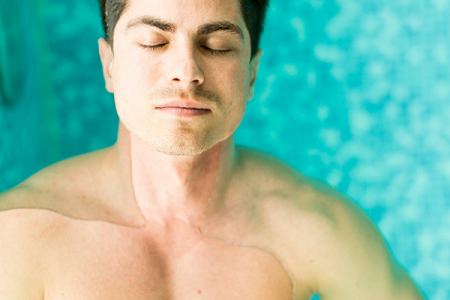How Floatation Can Help Relieve Your Panic Attacks
A guest blog by Lucy Walters
Fourteen per cent of the U.K. population will experience at least one panic attack each month. While the underlying cause might be different for everyone, a panic attack is usually experienced as an overwhelming sense of fear and anxiety, accompanied by physcal symptoms such as heart palpitations, hyperventilation and sweating and nausea.
If you’re someone who has panic attacks, meditative practises, such as yoga, deep breathing and floating, can help reduce them by reducing stress and anxiety. These practices are complementary, and they can all work together to relieve your panic attacks and improve your overall well-being.

Determine The Underlying Cause of Your Panic Attacks
It’s important to determine the underlying cause of panic attacks because they’re not always due to psychological, biological or genetic factors. Panic attacks can also be brought about by your environment. For example, exposure to mould has been linked with neuropsychological symptoms, such as cognitive impairments, anxiety and depression as well as muscle pain, headaches and fatigue - all of which can increase your risk of panic attacks.
How Floatation Can Help Relieve Panic Attacks
Apart from traditional meditation practices, such as mindful breathing and body scan meditation, mindfulness-based activities, such as yoga and floating can help reduce your stress hormones and help calm you down.
Meditation in a floatation pod can relieve panic attacks because it exercises a non-judgemental awareness of your present-moment experiences. One scientific study that found that mindfulness meditation is able to reduce anxiety through the mechanisms that deal with the regulation of self-referential thought processes. Flotation therapy is something to consider.
For those of us who find meditation difficult, floating can help, because in a float pod, all distractions are limited. Apart from the other inherent benefits of floating, it can also help you transition to other forms of meditation.
While floating and meditation isn’t meant to replace primary treatment options like therapy or medication, and we’d advise checking with your doctor on whether it could help you, it can be very beneficial to have these tools at your disposal.


